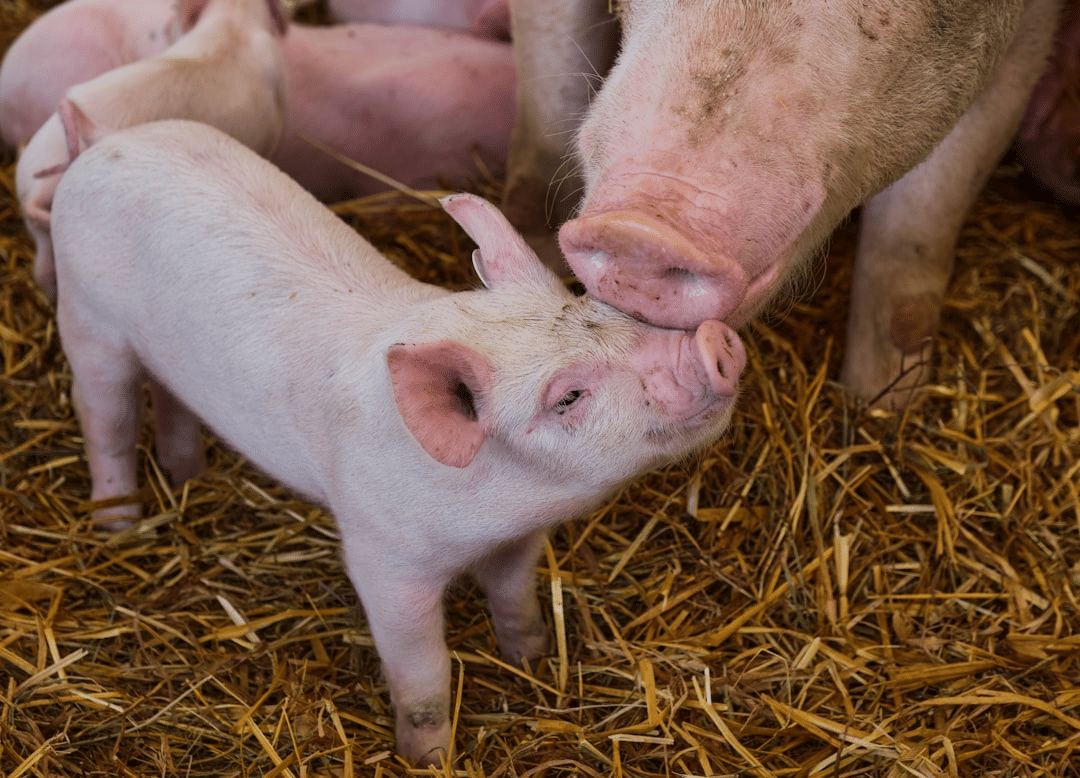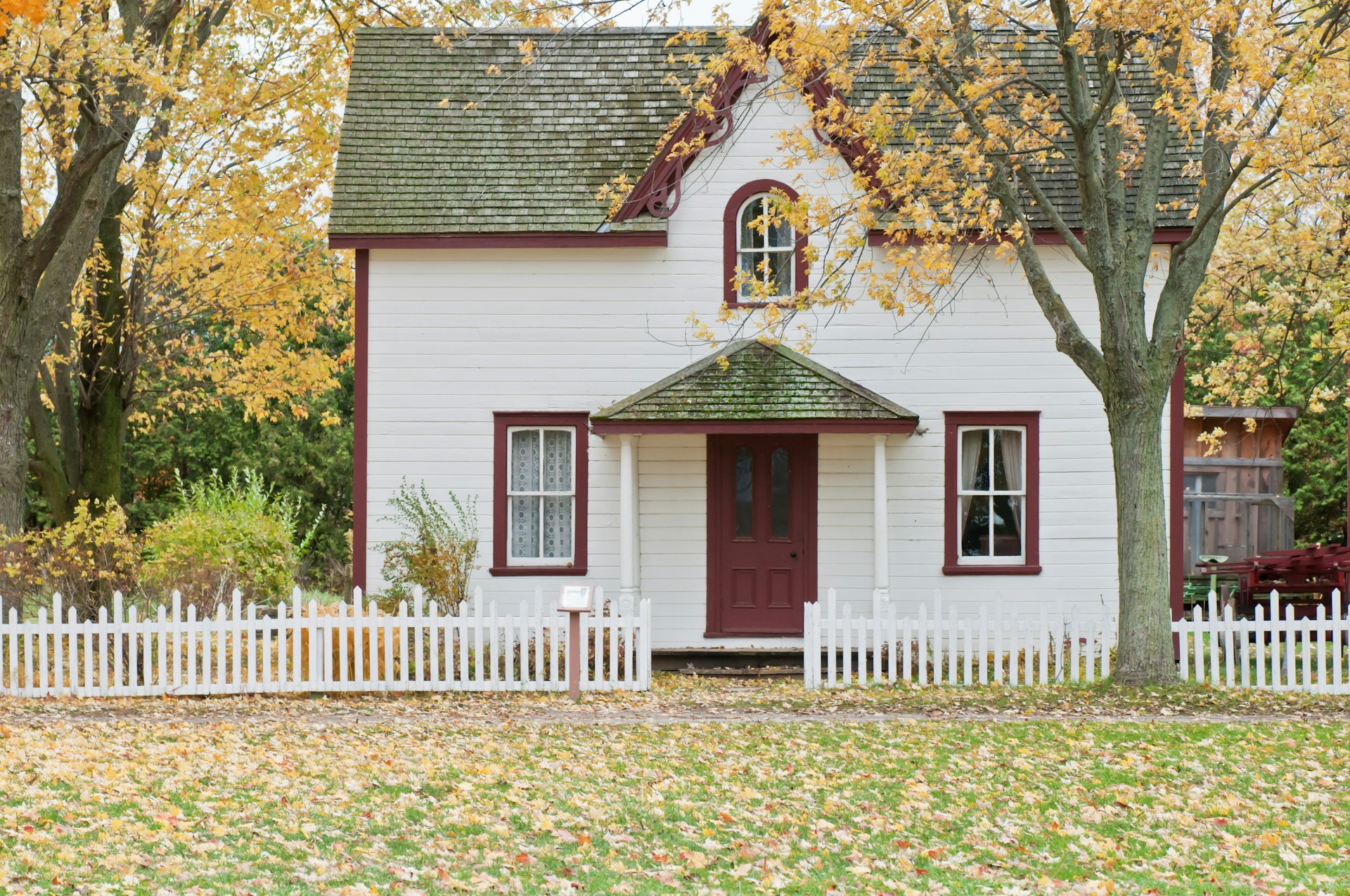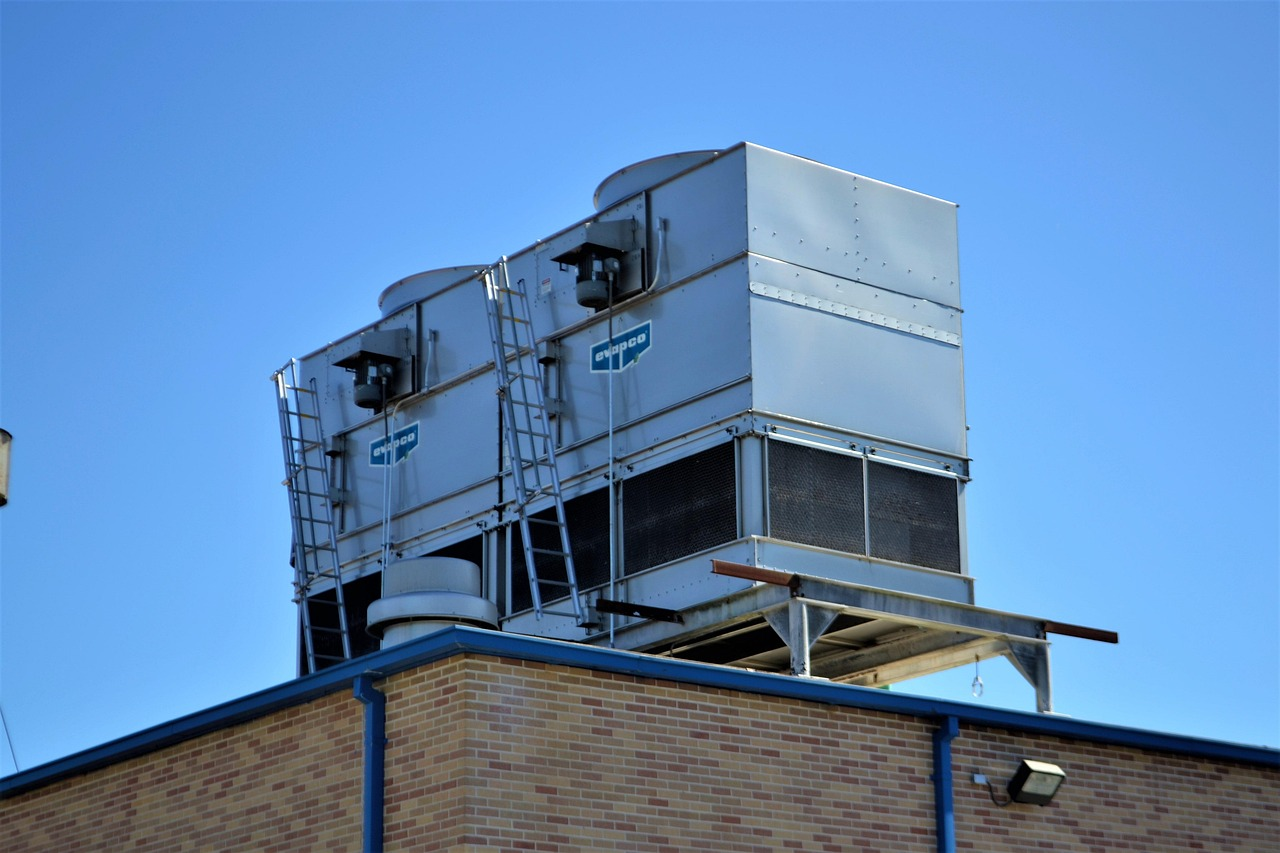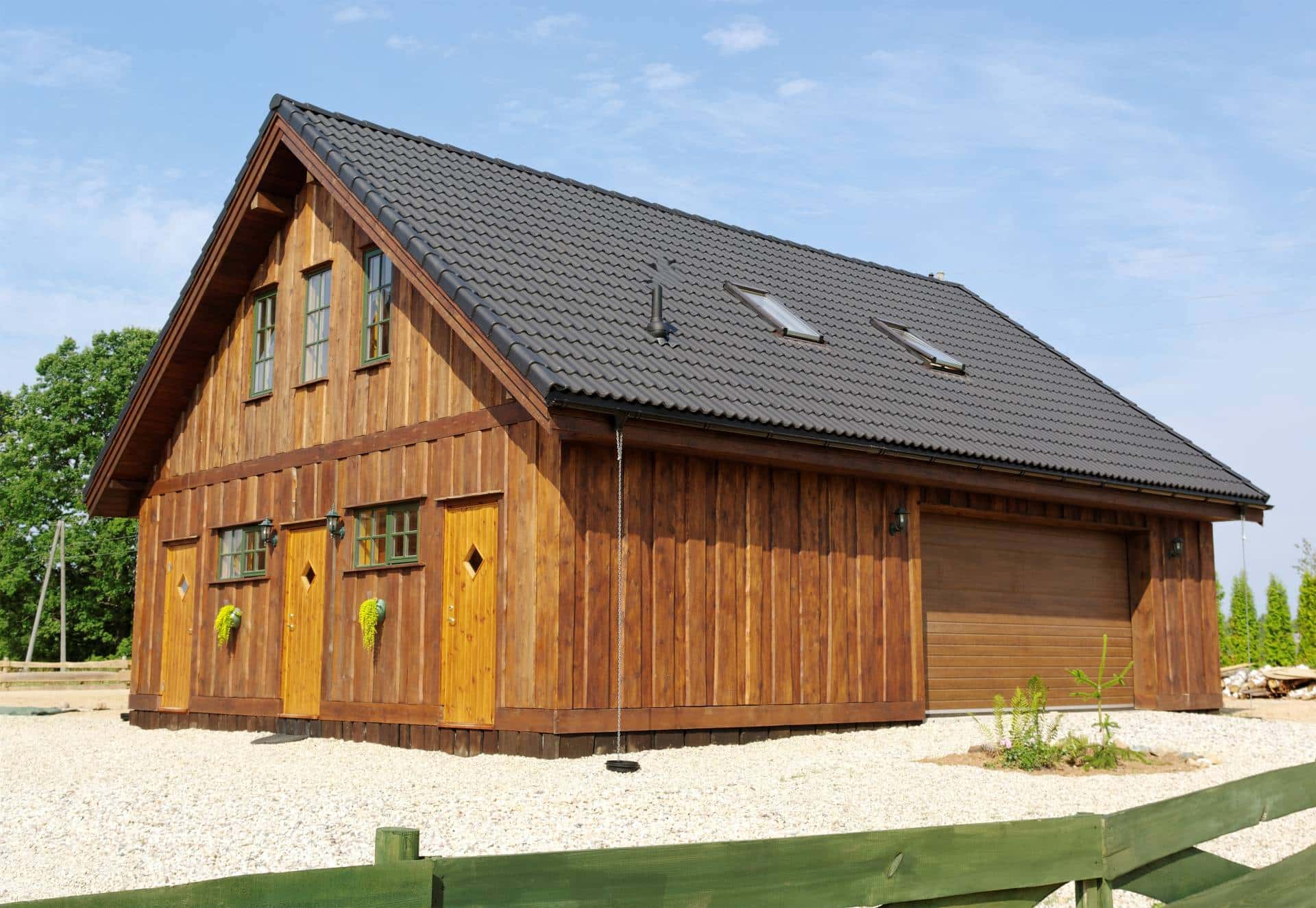3 Tips to Start a Backyard Farm with Animals
There are around 1.89 million farms in America, and while that number is starting to decline, more people are realising that the traditional idea of a farm isn’t exactly accurate anymore. Starting a backyard farm with animals might sound like a far-off dream, but with a bit of planning and the right approach, it can become a rewarding reality.
Raising farm animals is a great way to extend your family and give a safe, kind home to animals that need it. We strongly recommend contacting farm rescues in your area and providing a home for a creature that needs it. Remember, animals are our friends, not our food, and the joy these extra family members will bring you from your backyard is priceless!
Tip 1: Accessorize your chicken coop
When setting up a backyard farm, starting with chickens is often the most accessible and rewarding option. One crucial element of raising happy, healthy chickens is ensuring they have a well-equipped coop, and accessories for your chicken coop are a must!
One of the handiest additions you can make to your chicken coop is an automatic door. An auto door saves you the hassle of manually opening and closing the coop door each day. For those with a busy schedule filled with work, family, and hobbies, it’s easy to forget to let your chickens out or secure them safely for the night. With an automatic door, you can set a timer to open and close the coop door for you, ensuring your chickens are always safe and free to roam when they need to be.
Most high-quality chicken coops come with standard features designed to keep your feathered friends comfortable and safe. These typically include shingles that protect the coop from weather elements, ensuring a dry and safe environment for your chickens, a convenient chicken door with a ramp that allows your chickens to easily enter and exit the coop, and proper ventilation to create a healthy environment inside the coop by allowing fresh air to circulate.
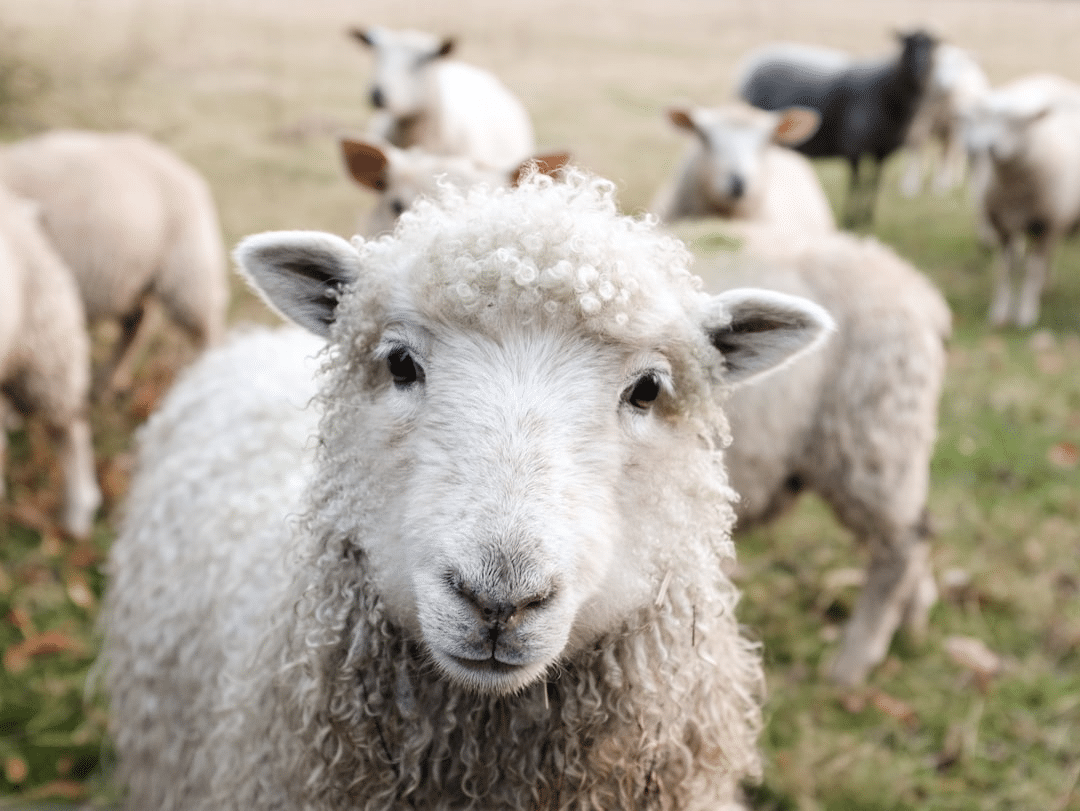
Image credit: Sam Carter
Tip 2: Allow some room to roam
While you may be creating a backyard farm in a small space, animals thrive when they have ample space to explore. However, letting them roam freely in your garden all the time isn’t the best idea. Some animals can cause significant damage to plants, foul patios and decks, and wreak havoc on raised beds. To manage this, a dedicated animal run is a good idea!
We all want a fun and safe outdoor area for our animals. At a minimum, your run should provide shelter from the sun, rain, and wind and be located on well-drained ground. Place compost piles in the run, making it easy to mix manure with other raw materials, enhancing the fertility of your garden.
To keep the ground in the run clean and pest-free, cover it with cedar shavings. Cedar helps reduce mites and flies and has the added benefit of smelling pleasant. Replace the cedar every few months and refresh the straw in the chicken coop twice a year—once in early fall and again at the end of winter. In the fall, lay down thick pads of straw, which the chickens will spend the winter picking apart in search of weed seeds. This keeps them entertained and reduces their tendency to peck at each other.
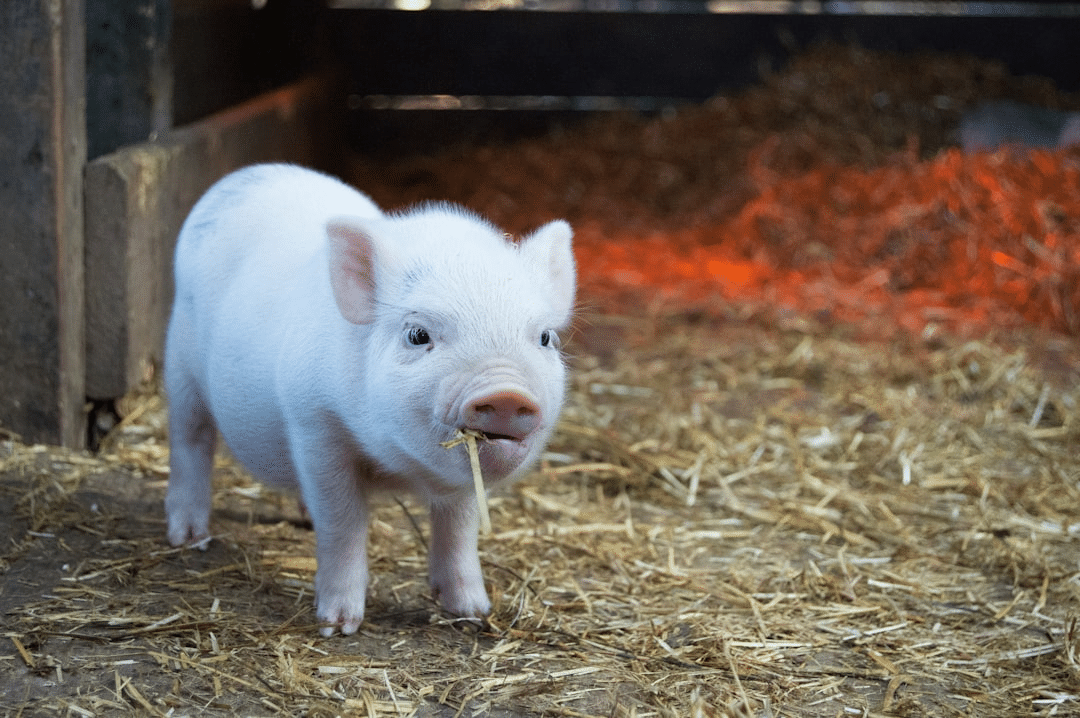
Image credit: Christopher Carson
Tip 3: Choose the right animals for your backyard farm
Companionship should be your primary goal, so consider animals known for their friendly and social nature. Before bringing any new animals home, checking your local ordinances is vital. Different neighborhoods have different rules about which animals are allowed. Make sure you understand these regulations to avoid any legal issues. When speaking to city officials, ask specific questions about the types and numbers of animals permitted, housing requirements, and any noise or waste management regulations.
The amount of space you have available will significantly influence your animal choices. While a starter flock of backyard chickens requires relatively little space, larger animals like horses or a herd of goats will need much more room to roam and graze. If your space is limited, consider small- to medium-sized animals such as ducks, rabbits, or dwarf goats.
Raising animals also requires a considerable time commitment. The more animals you have, the more time you dedicate to their care. Feeding, cleaning, health checks, and general maintenance all take time. Be honest about how much time you can spend each day on animal care.
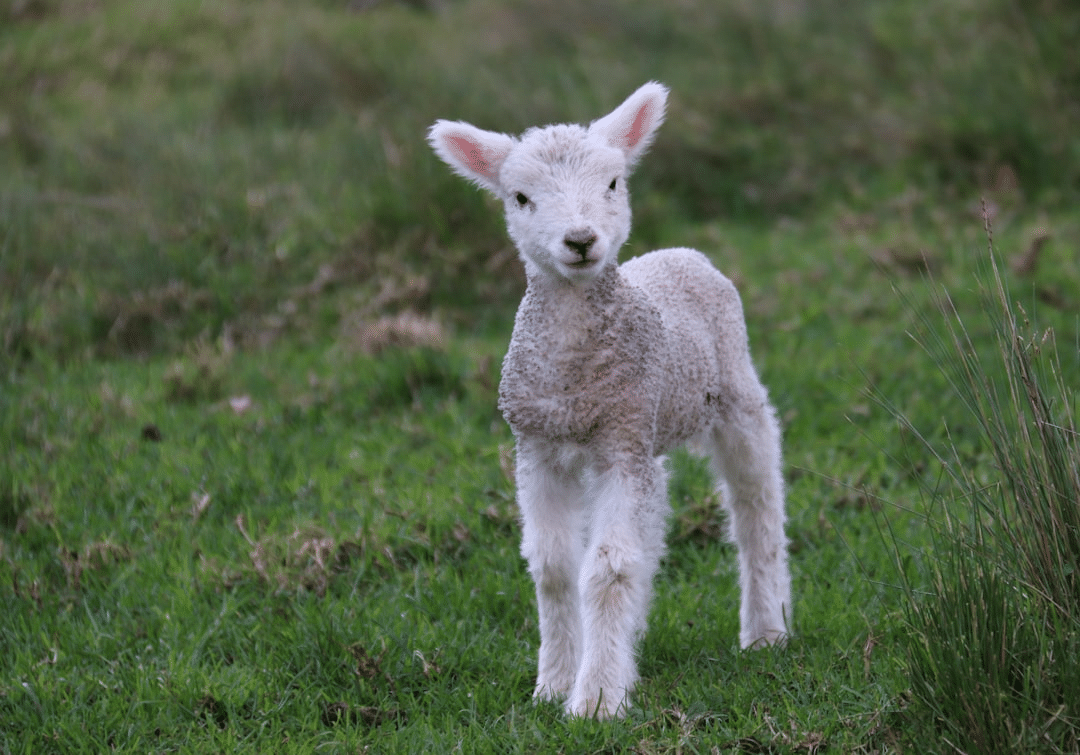
Image credit: Bill Fairs
Ready to find your perfect farmland?
At A House in the Hills, we help people escape the hustle and bustle of city life to find the tranquility of nature. Our unique community of hillside homes is perfect for a mini-backyard farm for you and your animals. Find out more about our breathtaking views and homes that are carefully crafted to blend seamlessly into the natural landscape today.

